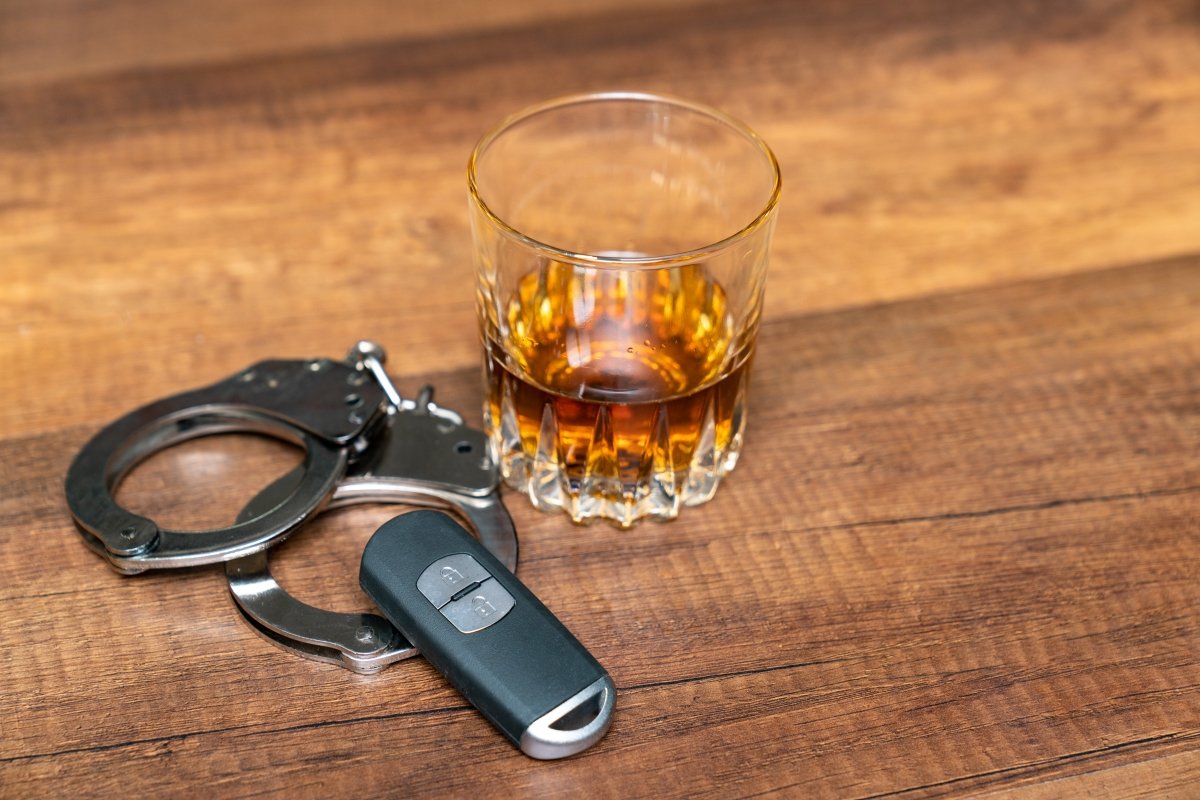
Cella & Rodriguez - Attorneys at Law
a. New Jersey does not criminalize public intoxication. As is similar in other states, New Jersey’s policy is to treat, rather than prosecute, people who have alcohol problems. However, even though public intoxication is not a crime in New Jersey, people who are intoxicated and operate a vehicle or other machinery in public can still be prosecuted and convicted of driving under the influence (DUI) or similar crimes.
b. The first step in defending a DWI/DUI is to obtain discovery which is the evidence that the police have and that they utilized to arrest you and to charge you with DWI. Once we have obtained the State’s evidence we can determine whether there are any defenses to the charge of DWI.
c. An initial determination must be made as to whether there a valid stop. We have a constitutional right to be free from unreasonable search and seizure. The ends do not justify the means in constitutional law or our constitutional rights would be eroded. In New Jersey the police officer must have a reasonable and articulable suspicion of a motor vehicle violation or some other violation of law in order to stop you.
d. If the stop was valid, then we must determine whether the police officer had probable cause to arrest for DWI. The police officer relies on observations, including the detection of a scent of alcohol or drugs and standardized field sobriety testing. Some of the tests that are recognized as indicators of intoxication are hard to perform even for somebody who is not impaired by drugs or alcohol.
e. The strongest evidence to indicate intoxication is the results of the breathalyzer test used to determine blood alcohol content. The breathalyzer device used by law enforcement throughout New Jersey is the Drager Alcotest. In order for a breath test performed on the Alcotest to be admissible in a court the State must prove that the Alcotest machine was in proper working order, the operator of the machine was properly certified, and the operator followed proper procedure for taking breath samples.
